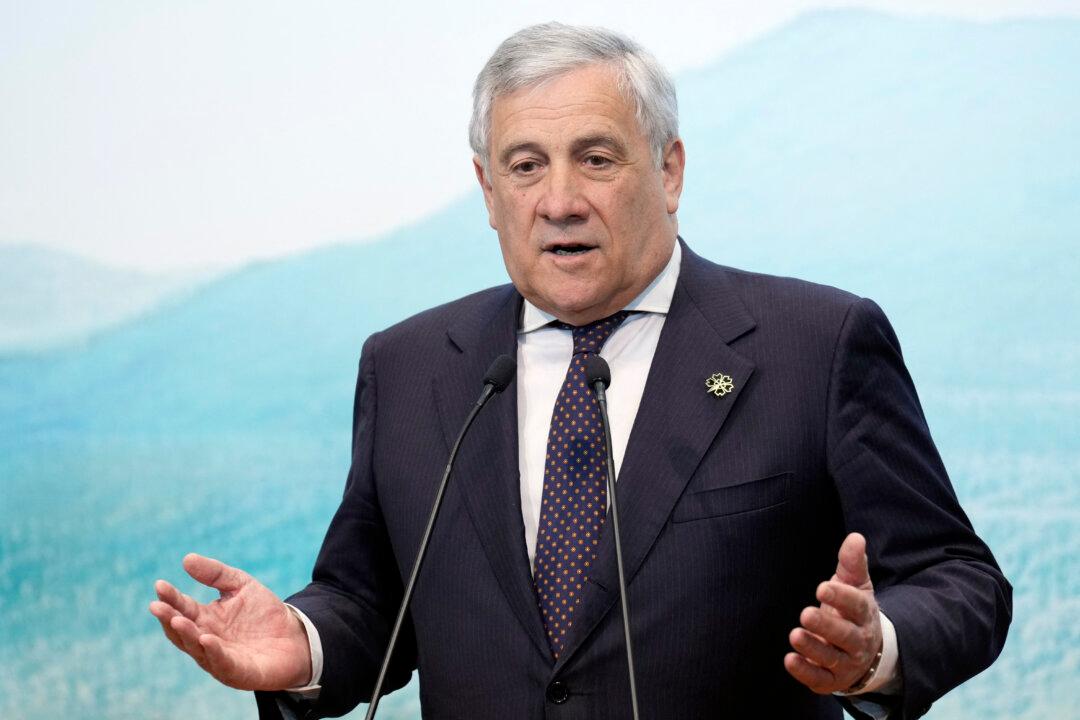Italy’s foreign minister, Antonio Tajani, says that being a part of China’s Belt and Road Initiative (BRI) didn’t bring his country the expected economic benefits.
“The Italian Parliament is checking the situation. In this moment, the countries without the Belt and Road Initiative, the European countries, are working better than us,” he said on Sept. 2 on CNBC, ahead of his three-day trip to Beijing.





